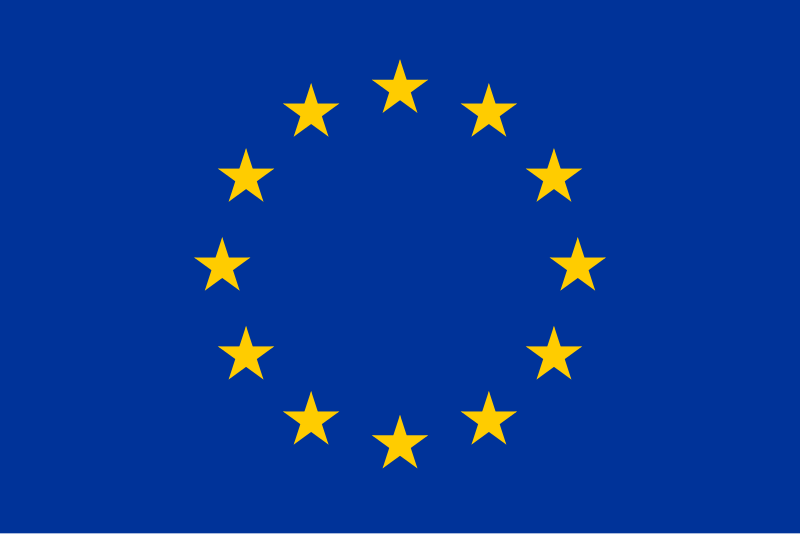Amid escalating geopolitical tensions, EU sanctions are becoming increasingly stringent. The European Parliament and Council Directive 2024/1226, adopted on 24 April 2024, introduces criminal liability for circumventing anti-Russian sanctions. Countries such as Cyprus, Czechia, and Hungary have already incorporated these rules into national legislation, posing significant risks for EU-based companies.
As experts in international law, Russo-Turkish Legal Company provides comprehensive support for the global operations of EU businesses, ensuring compliance with evolving regulations.
Contact us at rt-union.com/en to structure your transactions in line with international law.
Understanding EU Sanctions with Criminalisation: The Essence of Directive 2024/1226
Directive 2024/1226 establishes a framework for defining offences and penalties related to violations of EU sanctions regimes. Unlike EU regulations, which are directly applicable, the directive requires transposition into national laws of member states, enabling criminal prosecution of both individuals and legal entities for providing funds or economic resources to sanctioned entities.
Key Aspects
- Scope: Anti-Russian sanctions, including prohibitions on financial transactions with Russian banks, companies, and individuals on EU sanctions lists.
- Implementation timeline: Originally set for 20 May 2025, but on 24 July 2024, the European Commission urged 18 member states to take immediate action. By October 2024, Estonia, Latvia, Lithuania, Luxembourg, Slovakia, Finland, Sweden, Cyprus, Czechia, and Hungary had implemented the rules.
- Broad interpretation of violations: “Providing resources” encompasses any form of financial interaction, from fund transfers to offering consultancy services to Russia-linked businesses.
This evolution of sanctions intensifies pressure on EU companies engaged in cross-border operations, significantly increasing compliance risks.
Criminal Liability in EU Countries: Cyprus as a High-Risk Hub

Cyprus, a key hub for international business, has been among the first to implement the directive. Its “Criminalisation of Violations of Union Restrictive Measures Law” imposes criminal penalties for breaching EU sanctions.
According to Eurostat, in 2023, 37,127 Russian nationals held Cyprus residence permits, and between 2007 and 2020, 6,779 investors, predominantly from Russia, obtained citizenship through investment (Migration Policy Institute).
Cyprus’ Jurisdiction Applies To
- Cyprus citizens and residents (including those with residence permits).
- Offences committed in Cyprus using local companies or banks.
- Violations outside Cyprus by individuals with “habitual residence” in Cyprus or acting on behalf of Cypriot legal entities.
Penalties in Cyprus
- Individuals: Up to 5 years’ imprisonment and fines up to €100,000.
- Legal entities: Fines of 1–5% of annual turnover or up to €40 million, license revocation, public procurement bans, and potential company dissolution.
Similar measures apply elsewhere — up to 6 years’ imprisonment in Sweden and up to 12 years in Latvia for serious violations. Holding accounts in sanctioned banks, working for companies on EU sanctions lists, or providing services to Russian businesses may be deemed violations.
Implications for EU Companies: From Financial Losses to Criminal Risks
EU companies, particularly those with ties to Russia or operating through jurisdictions like Cyprus, face significant challenges due to the criminalisation of sanctions violations. The directive impacts businesses involved in trade, finance, or consultancy with Russian entities.
Examples of Risks
- Financial operations: Accounts in sanctioned Russian banks (e.g., Sberbank, VTB) may trigger criminal investigations.
- Corporate activities: Employment or consultancy for companies on EU sanctions lists or providing services to Russian businesses.
- Cross-border transactions: Export/import via Cypriot entities masking supplies to Russia.
Consequences for EU Businesses
- Increased compliance costs to ensure adherence to sanctions.
- Denial of banking services and partnerships in the EU.
- Reputational damage and asset freezes.
- Criminal prosecution risks for company executives and shareholders.
At Russo-Turkish Legal Company, we’ve observed a 40% surge in sanctions-related inquiries in 2024. Without timely legal support, EU companies risk severe penalties.
Mitigating Risks: Compliance Strategies from Russo-Turkish Legal Company

As specialists in international law, Russo-Turkish Legal Company offers end-to-end support for EU companies’ global operations, including audits, restructuring, and representation in arbitration disputes to navigate sanctions risks.
Compliance Recommendations
- Asset audits: Verify compliance of entities and accounts with EU sanctions lists using tools like OFAC and EU Sanctions Map.
- Business restructuring: Relocate assets to jurisdictions without criminalisation risks, such as the UAE or Turkey.
- Contractual safeguards: Include force majeure clauses for sanctions in contracts and conduct thorough due diligence on partners.
- Criminal defence: Representation in EU courts, appeals, and plea bargaining in case of investigations.
- Corporate residency: Review residence or citizenship status in high-risk jurisdictions like Cyprus; consider alternatives such as Portugal or Greece.
Our track record: in 2023–2024, we protected over 50 clients from EU fines exceeding €10 million. Start safeguarding your business with a consultation at rt-union.com/en.
Conclusion: Sanctions as a Challenge, Not a Dead End
The EU’s sanctions regime with criminal liability marks a new era in international compliance, where legal vigilance is critical for business survival. Directive 2024/1226 and national laws, particularly in Cyprus, amplify risks for EU companies, but strategic measures can mitigate them.
Russo-Turkish Legal Company provides comprehensive support for global operations, building resilient structures in a complex regulatory landscape.

























